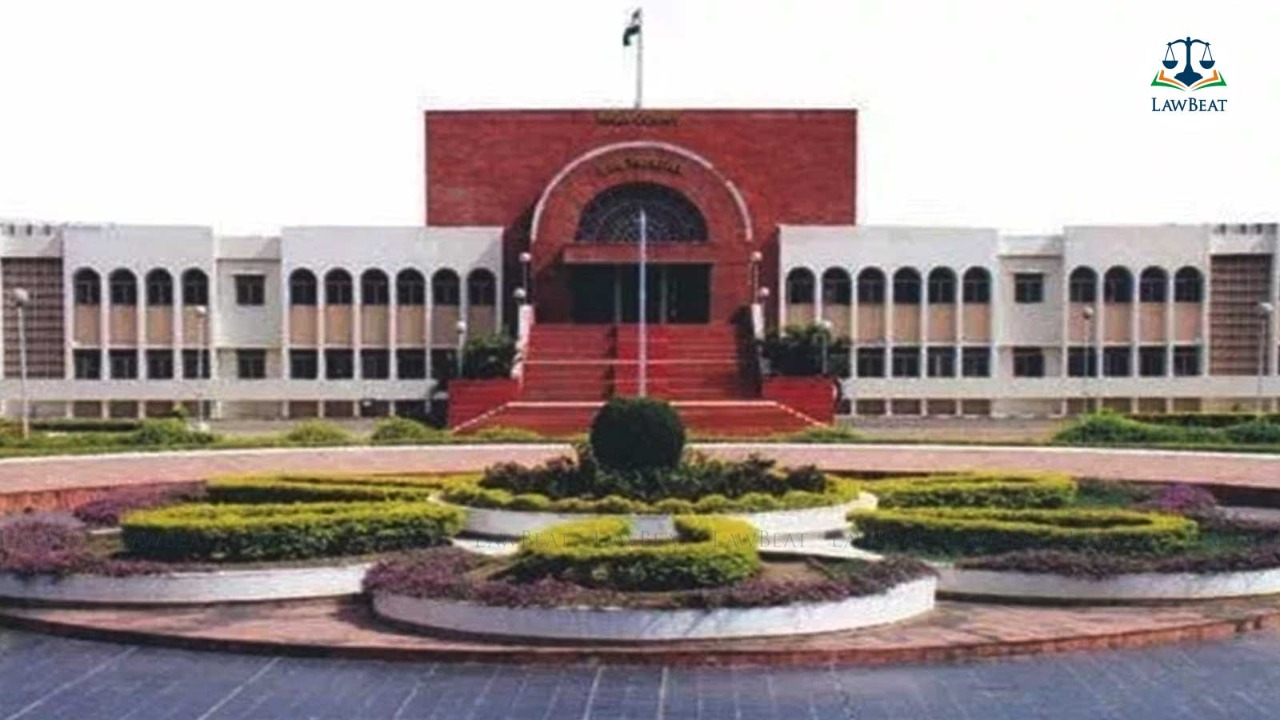Prisoner's Right to Health Under Article 21 Cannot be Ignored: Bombay High Court

The high court said that the Supreme Court in various decisions has held that the right to life includes the right to live with human dignity.
A division bench of the Bombay High Court at Aurangabad comprising Justice Anuja Prabhudesai and Justice RM Joshi has recently granted Rs. 10 Lakh compensation to a family of a 32-year-old under trial prisoner who died in the custody of the jail authorities. Court observed that the right to health under Article 21 of the Constitution cannot be ignored particularly of a prisoner.
The division bench said that the Supreme Court has time in several decisions held that the right to life includes the right to live with human dignity.
“It need not be emphasised that the right to health enshrined in Art. 21 of the Constitution of India particularly of a prisoner who is deprived of is personal liberty, albeit in accordance with the procedure established by law, cannot be ignored. In fact the Hon’ble Supreme Court has in several decisions held that the right to life includes right to live with human dignity” the order read.
The bench also said that the state government failed in its duty to provide medical treatment to the prisoners. Court said,
“Hence the duty of the State to provide medical treatment to the prisoners, to take care and ensure their safety and security of the prisoners and treat them with human dignity needs no affirmation. The Government having failed in its duty, the petitioners being the parents, widow and the children of the deceased, are entitled for compensation.”
The high court was hearing a plea filed by the family of the deceased for grant of Rs 90 lakh as compensation from the government for loss of life due to the negligence of the jail authority.
The counsel for the petitioner argued that the 32-year-old had died while he was in prison due to the negligence of the jail authorities. He, therefore, contended that the petitioners are entitled to compensation.
The Additional Public Prosecutor argued that the doctors regularly visited the jail and the deceased had not complained to the doctor or the jail authorities about his ailment. He also informed the court that the deceased was shifted to the hospital immediately after he complained of ill health and was given the necessary medical treatment. Therefore, he submitted that jail authorities cannot be held responsible for the death of the deceased.
The APP also relied on three inquiries including magisterial inquiry, C.I.D., and National Human Rights Commission all of which recorded a finding that it was not a case of custodial death due to ill-treatment.
When he was alive, the deceased had also filed an application before the magistrate stating that he was suffering from spondylosis and needed treatment and proper nutrition and requested the court that he should be referred for treatment to the Government Hospital at Beed. The prosecution had opposed the application while arguing that it was the duty of the State to provide medical aid and that the medical facility was available in jail.
The magistrate had dismissed the application of the deceased while observing that it is the bounden duty of the Superintendent of Jail to provide specialized medical treatment to the prisoners.
After hearing all the parties, the high court granted compensation of Rs 10 lakhs to the deceased's family while allowing the state government to recover the amount from the concerned officers who were negligent in providing medical aid to the undertrial prisoner.
Case Title: Vishnu Kute & Ors vs State of Maharashtra & Ors.
